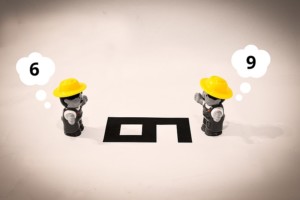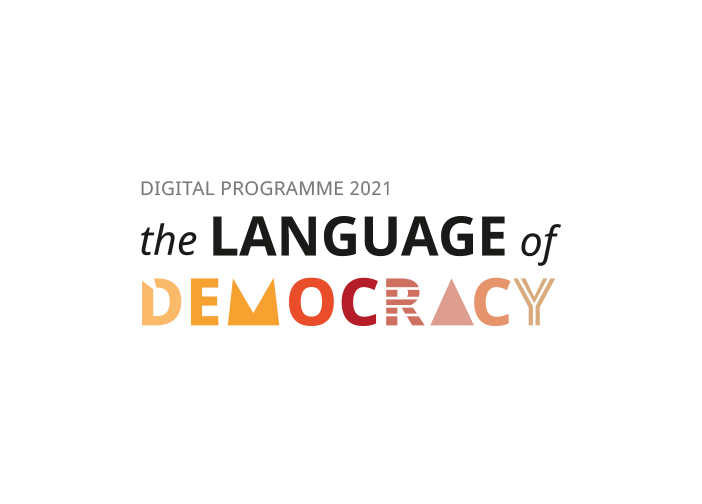How to deal with conflicts resulting from different perceptions of the past and present? How can we move forward in the midst of diverse perspectives on history, politics, society, religion or culture? What does „democratic“ togetherness mean in practice?

Photo: Musik Brichta, Creative Commons share alike attribution 4.0
By using the educational method of Betzavta, the digital programme “The Language of Democracy” offered a space for young people from Europe and beyond to find answers to these questions. Taking history as a starting point, and by engaging with different perspectives on specific intercultural conflicts, participants aged 16 to 21 from 10 countries experienced conflictual situations within a group – and learnt to democratically cope with intercultural and interpersonal dissent.
During the 8-week online activity, the questioning of individual perspectives as well as constant reflections on group dynamics and personal behaviour marked the focus of the programme. With the use of various digital tools and concrete examples related to past and present challenges within democracies, participants not only stumbled across own assumptions and hidden stereotypes, but were confronted with dilemmas and own internal conflicts. Frictions were brought to light – and transformed into a tool kit for peaceful and democratic communication in a multiperspective present.
Interviews with Participants
Sheenagh, Ireland
Alex, Germany
Decho, Bulgaria
In cooperation with


